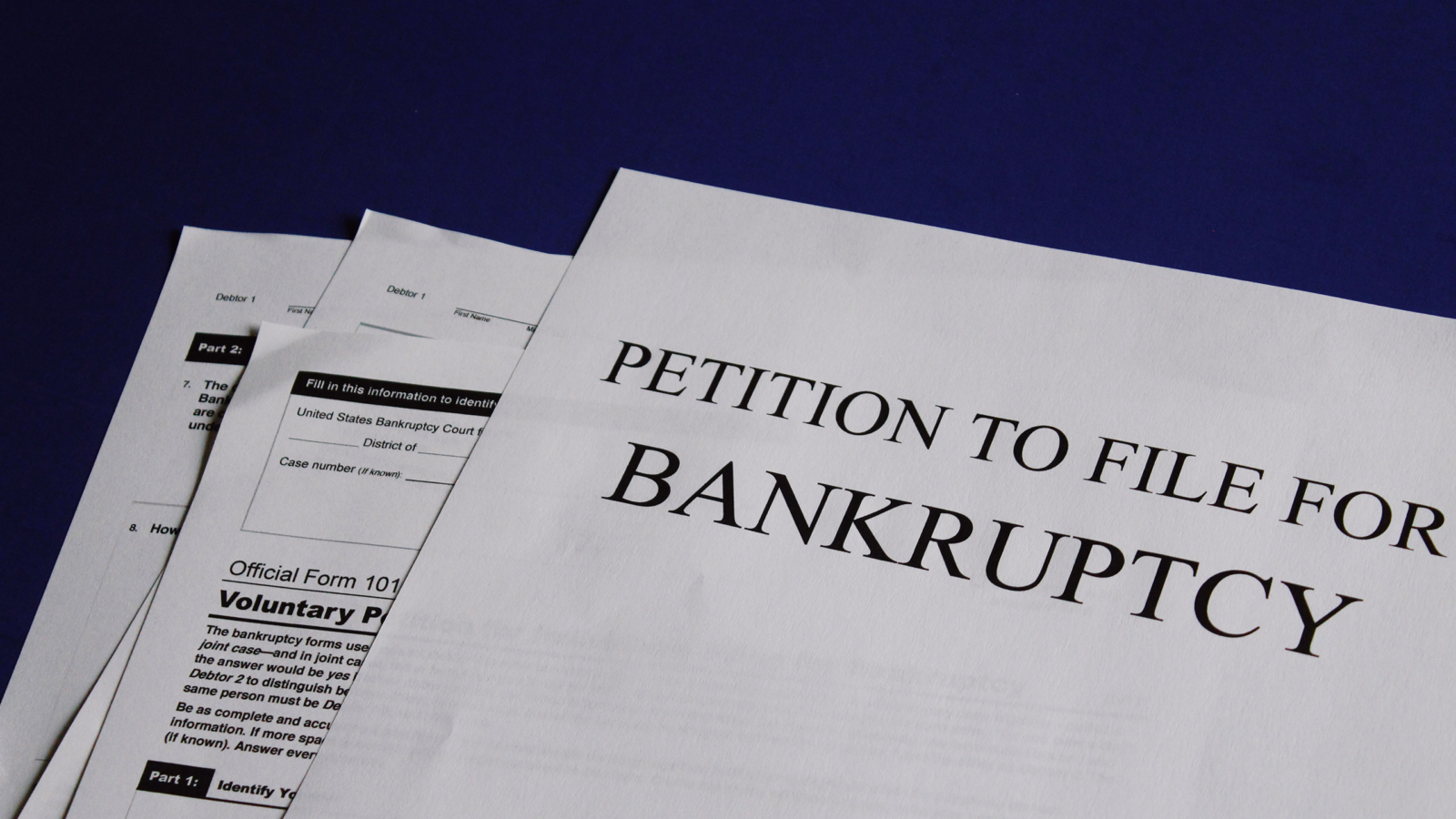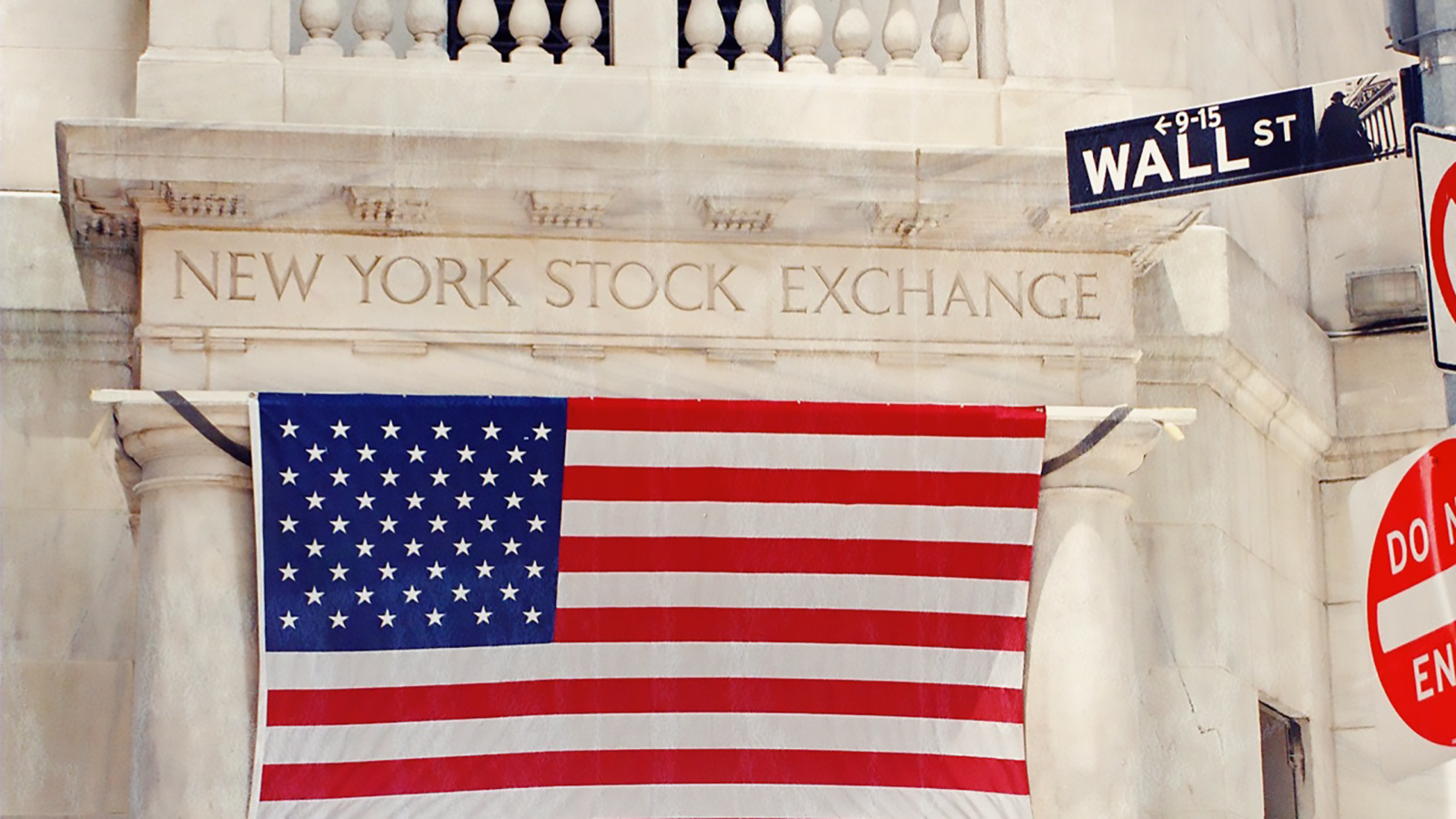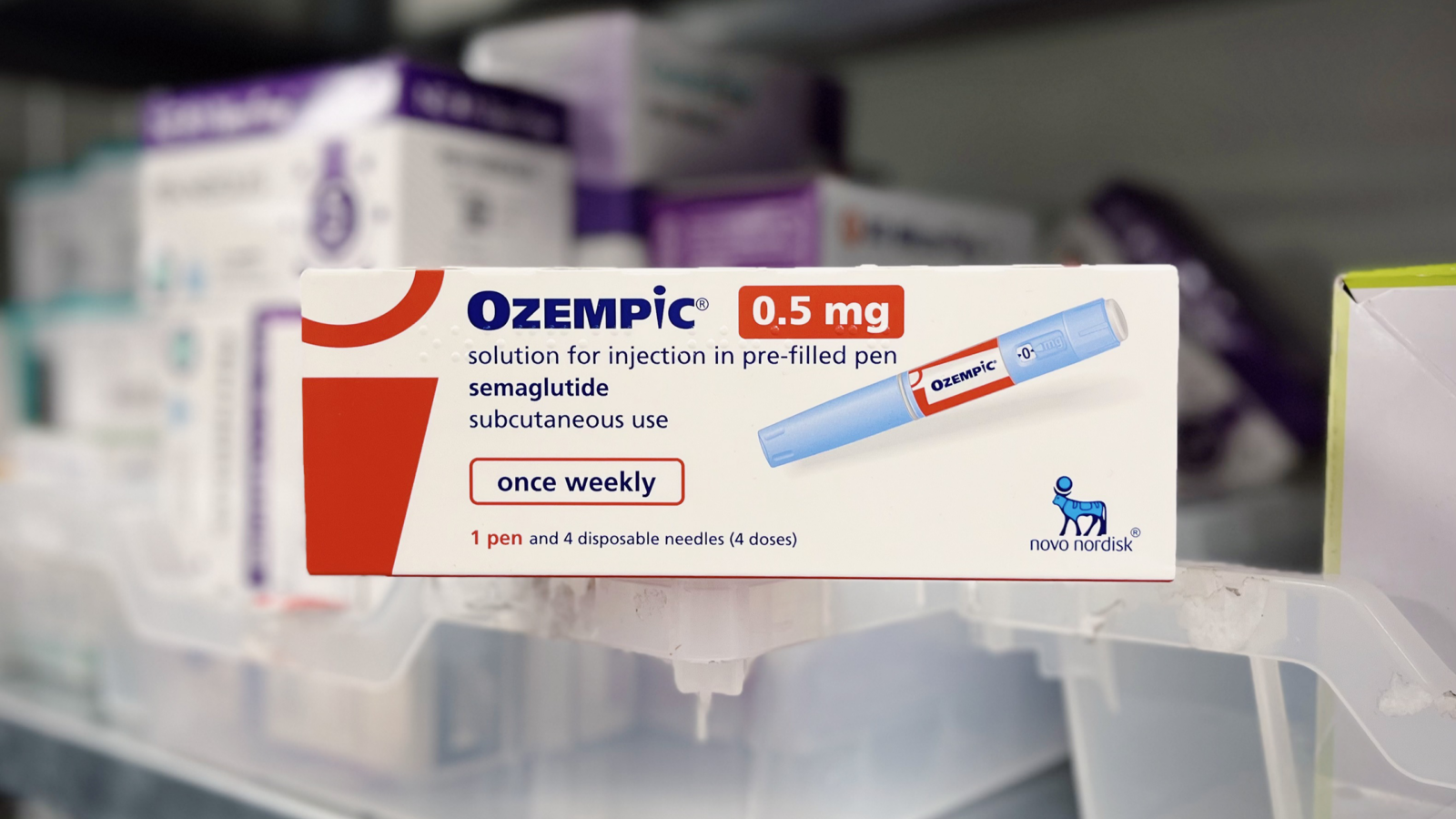
Sign up for smart news, insights, and analysis on the biggest financial stories of the day.
Butt out or pay up.
The EU is set to propose stronger taxes on cigarettes and its first union-wide excise levy on vaping and tobacco-warming products, according to a draft European Commission document, curbing smoking habits, and opening gobs of new tax revenues.
Smoke-free Zone
Belgium is, of course, leading the charge as the EU tries to reach a goal of a “tobacco-free generation” by 2040. The concept is simple — if you increase the excise levy (the tax to manufacture cigarettes and vapes), tobacco companies will likely raise the cost to buy their products, and hopefully dissuade a new generation of kids from picking up smoking in the process.
In countries like Greece, Bulgaria, and Croatia, tobacco products are cheap compared to other EU nations. A 20-pack of Marlboros goes for $3.30 in the Land of Roses, and nearly 40% of Bulgarians are smokers. In contrast, cigs in Ireland go for $15.85 on average, and about 21% of the population are smokers:
- The legislation would increase the minimum excise duty on cigarettes from $1.87 to $3.74 per pack of 20, which is expected to generate $9.6 billion in tax revenue for the EU. Rob Branston, an economist and member of the University of Bath’s Tobacco Control Research Group, told the Financial Times a tax update was “long overdue” and the “most effective tool for reducing tobacco use.”
- There currently isn’t an EU standard on excise taxes for liquid vaporizers and tobacco warmers, but many groups have been pushing for years to see one put in place. The concern is that they’re more attractive to younger, first-time smokers. Earlier this month, the EU banned flavored heated tobacco products after an uptick among younger consumers.
You’ve Got a Long Way, Baby: Of course, no matter the cause, there’s always a lobbyist looking to prevent new legislative efforts. Peter van der Mark of the European Smoking Tobacco Association told the FT “if you have a sudden very steep increase, you can create a market for illicit trade.” Whether he’s right or just blowing smoke remains to be seen.









